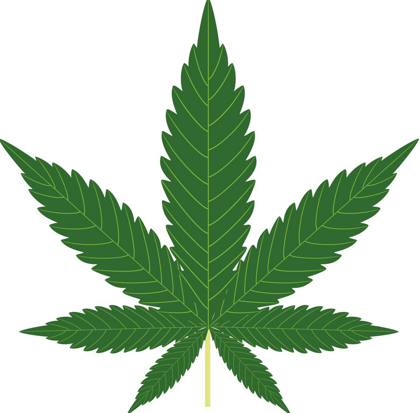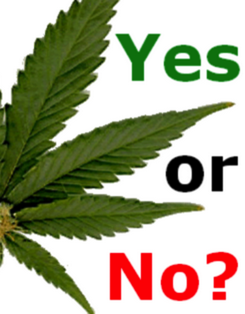Cannabis and Psychiatry | recommend or not recommend?

 Mental Health | Too many questions about cannabis and cannabinoids remain unanswered for mental health clinicians to use them in clinical practice, a panel of researchers told an overflow crowd at the American Psychiatric Association Annual Meeting.
Mental Health | Too many questions about cannabis and cannabinoids remain unanswered for mental health clinicians to use them in clinical practice, a panel of researchers told an overflow crowd at the American Psychiatric Association Annual Meeting.
The presenters reviewed the medical literature on cannabis and cannabinoids relating to schizophrenia, anxiety disorders including social anxiety disorder, post-traumatic stress disorder, and other conditions.
“There’s a lot of medical marijuana out there and sometimes we are in the situation where we have to decide if this is something that we can recommend for our patients,” said session cochair Rajiv Radhakrishan, MD, a clinical instructor in the psychiatry department at Yale School of Medicine in New Haven, Connecticut.
Medical marijuana is currently legal in 33 states and the District of Columbia, according to the presentation.
Deepak Cyril D’Souza, MD, a psychiatry professor at the Yale School of Medicine, outlined a litany of reasons why he feels there is not enough evidence to recommend cannabis or cannabinoids to patients. They included:
• Several psychiatric side effects stemming from both acute and chronic use;
• Research showing the drug affecting the brain structure of adolescents;
• Medical side effects including bronchitis and cardiovascular abnormalities;
• Great variability in the content of different products and a lack of clarity on the ideal dose or dosing schedule;
• Lack of clarity on drug interactions, clinician liability issues, and the drug’s mechanism of action;
• A lack of large-scale studies involving the drug.
In addition, he said, for the treatment of most conditions, cannabis has not undergone the same US Food and Drug Administration review required of other drugs.
“Public demand and public sentiment have really usurped the very important and scientific process that has led to many of the drugs that we have on the market,” said Dr. D’Souza, who is also director of the Schizophrenia Neuropharmacology Research Group at Yale.
Michael Van Ameringen, MD, a professor in the department of psychiatry and behavioral neuroscience at McMaster University, outlined conflicting medical research about the relationship between cannabis and anxiety disorders. He, too, said there is not enough information to make recommendations on the clinical utility of cannabis.
The literature, he said, has many limitations: few randomized controlled trials, small sample sizes, study design deficits, and a focus on cannabinoids rather than the more frequently used cannabis plant. Deborah Hasin, PhD, a professor of epidemiology at Columbia University in New York City, agreed that many gaps in knowledge remain, and announced she has just been awarded funding from the National Institute on Drug Abuse to study some of them. Gaps include how legalizing medical and recreational marijuana affects opioid outcomes, the use of other psychiatric medicines, and people with vulnerabilities such as pain and psychiatric disorders, she said.
Deborah Hasin, PhD, a professor of epidemiology at Columbia University in New York City, agreed that many gaps in knowledge remain, and announced she has just been awarded funding from the National Institute on Drug Abuse to study some of them. Gaps include how legalizing medical and recreational marijuana affects opioid outcomes, the use of other psychiatric medicines, and people with vulnerabilities such as pain and psychiatric disorders, she said.
“Cannabis use is not a risk-free behavior to engage in,” she said. “Credible public education about potential harms of marijuana use is important, given the increases of those who see marijuana use as harmless.”
Informal polling conducted during the session showed splits among the attendees on the topic. About half of the respondents said the concept of medical marijuana for psychiatric indications is “half-baked,” 16% said it is “high-time” they recommend it to patients, and 34% said they didn’t know.
Asked the hypothetical question of whether they would opt to get a prescription for themselves if they had a psychiatric condition that qualified for medical marijuana, a quarter of respondents said they would, 37% said “maybe,” and 38% said they would not.
Source:


